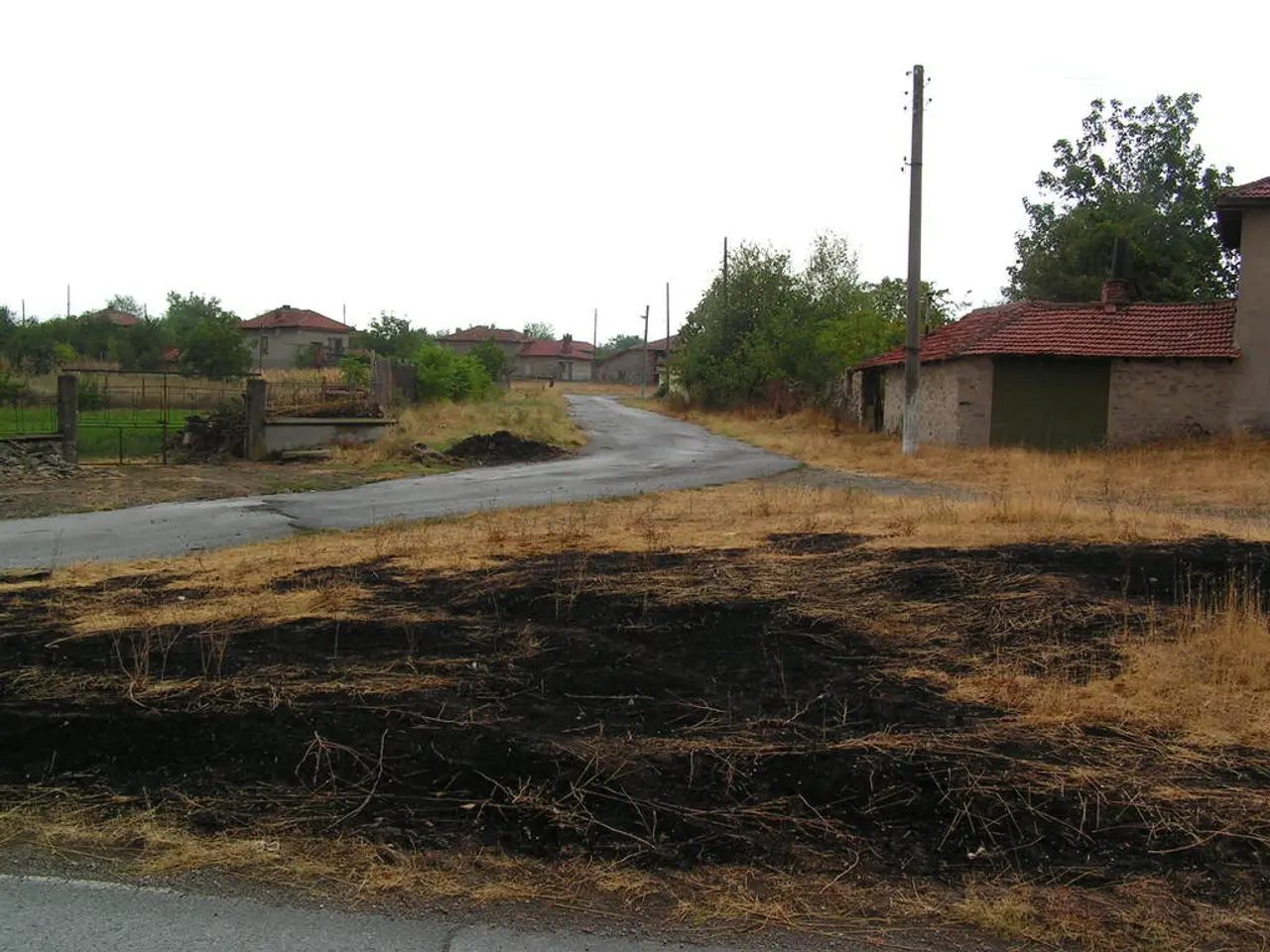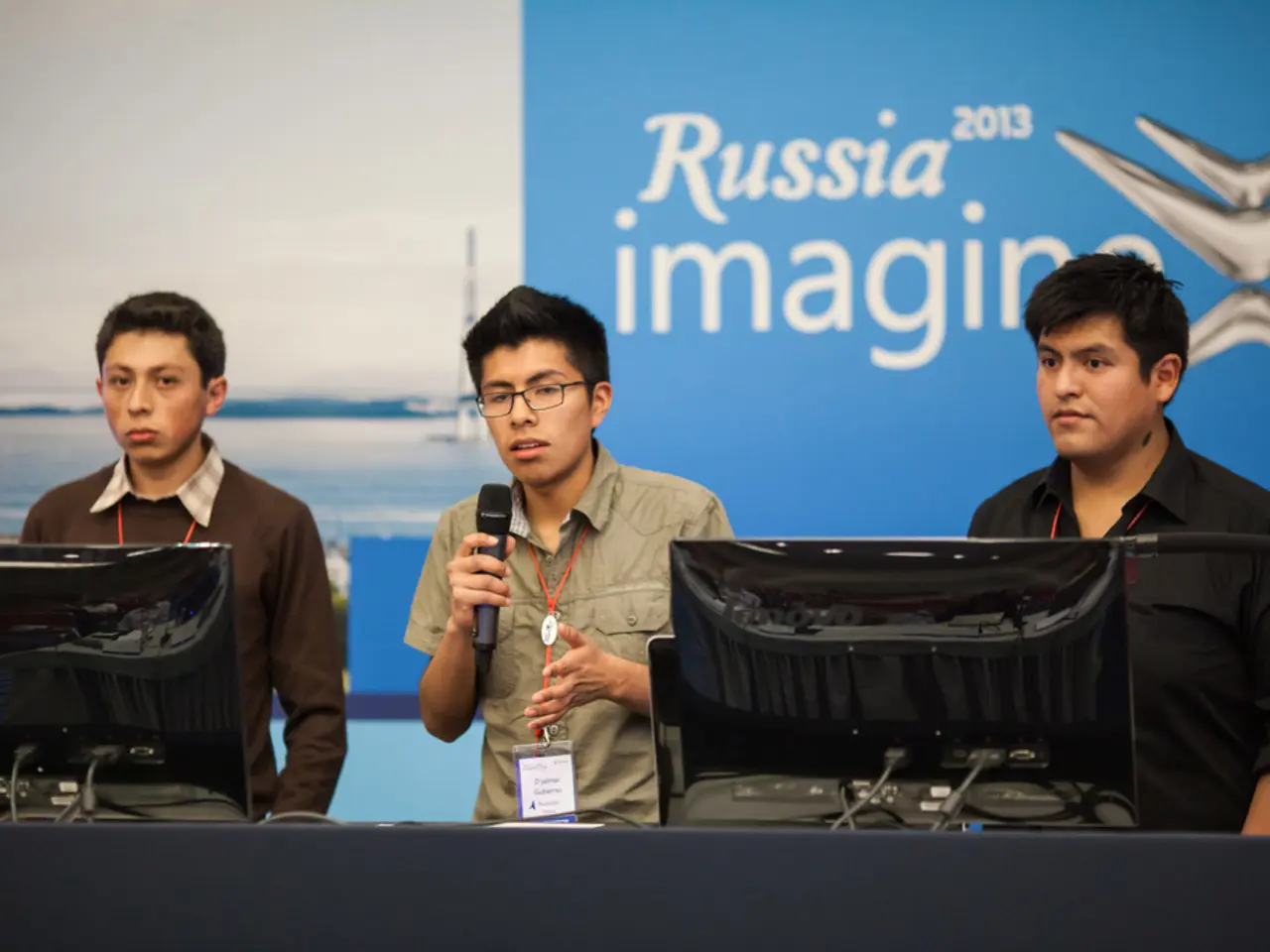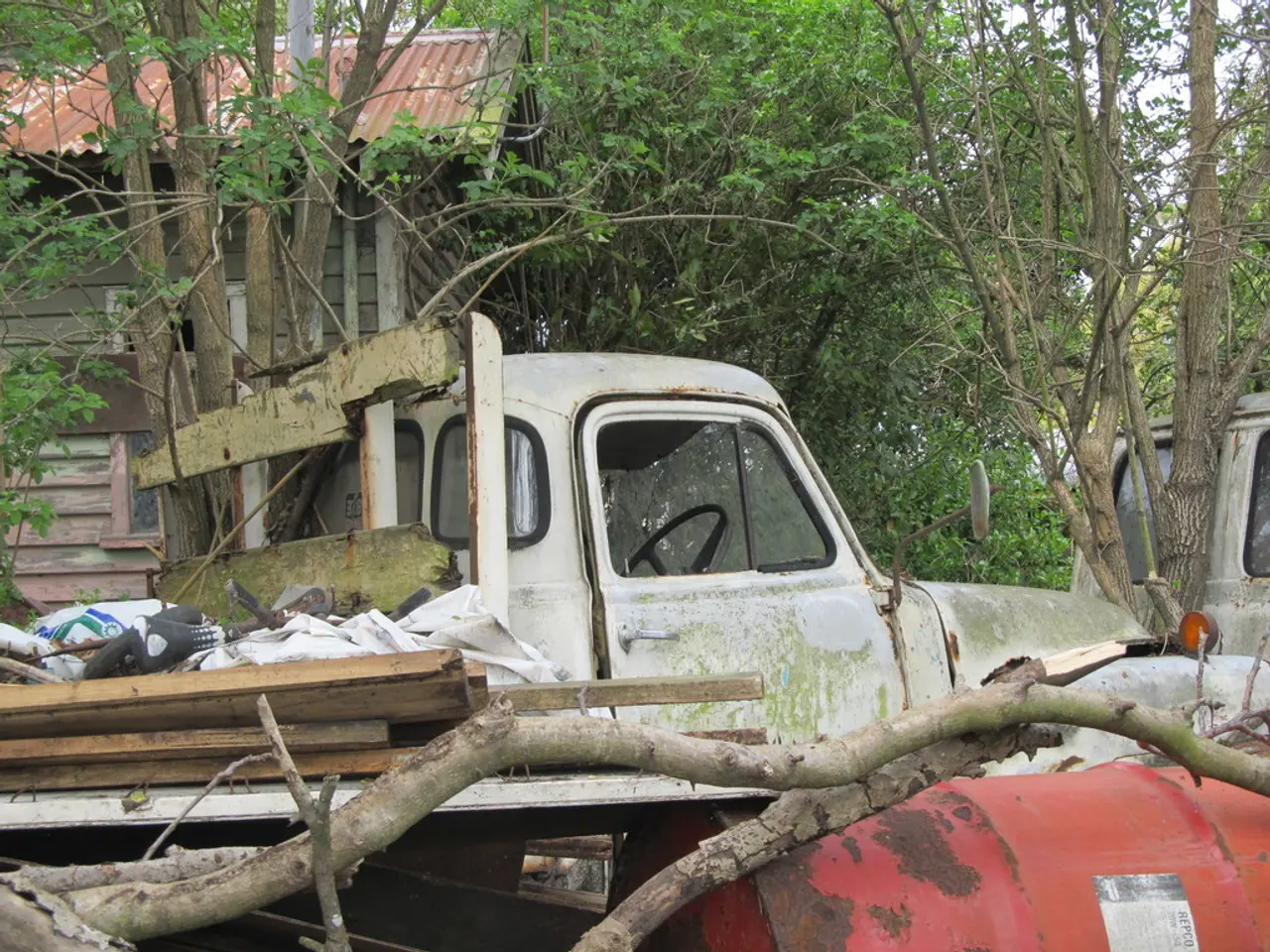Ethiopia's IES is revitalizing solar home systems, focusing on outlying villages.
Inter Ethiopia Solutions (IES), a circular economy startup founded by Zelalem Nigatu in 2022, is making a significant positive impact on rural and off-grid communities in Ethiopia and beyond. The innovative company is addressing the challenges of the lack of end-of-life management for solar products and the high cost of new solar energy systems, often unaffordable for low-income households in rural areas.
Key to IES' success is its focus on refurbishing discarded solar home systems (SHS) and repurposing lithium-ion batteries that would otherwise become electronic waste. Thousands of solar systems are discarded due to battery failure or minor faults, despite most components being reusable. IES prices its products 40-60% below new imports, maintaining sustainable margins due to low refurbishment costs.
IES' efforts are yielding impressive results. The startup has prevented over 25 tons of solar-related e-waste from entering the environment in Ethiopia, reducing the environmental harm from electronic waste and promoting sustainability. Moreover, IES provides refurbished solar home systems at a lower cost than new units, creating reliable, cost-effective solar energy solutions for price-sensitive rural communities. This has expanded access to clean energy where it was previously limited by cost barriers.
Local economic and community engagement is another key aspect of IES' approach. The startup partners with local distributors, small shops, NGOs, and humanitarian agencies to distribute refurbished systems, reaching last-mile rural communities. Community demonstrations and education campaigns have built trust and increased demand through word-of-mouth referrals.
IES' main revenue streams include e-waste management services, sales of refurbished solar home systems and lithium-ion battery packs, after-sales repair services, and spare parts supply, as well as institutional and project-based contracts with NGOs and development agencies. The startup is currently in the growth phase, reinvesting most earnings into R&D, expansion, and quality improvement.
IES' operations are expanding to Gambela and Afar regions in Ethiopia through the Circular Solar Kiosk model. The high cost of new solar products remains unaffordable for low-income households, which IES seeks to address. The startup differentiates itself from importers of new solar systems by offering more affordable, eco-friendly alternatives through refurbished systems.
IES' main refurbishing center is located in Addis Ababa. The startup is currently funded through a mix of self-investment, competitive grant funding, and reinvested revenue. IES is currently in exploratory discussions with partners in Kenya and Uganda to replicate its refurbishment model in similar off-grid markets.
By the end of 2025, IES anticipates achieving operating profitability. The startup's goal is to provide affordable, clean energy solutions for rural and off-grid communities, contributing to sustainable development in these regions. IES' efforts illustrate how circular economy principles—such as refurbishment and repurposing—can enhance energy access, reduce waste, and support sustainable development in off-grid, low-income regions.
- IES, with its focus on refurbishing solar home systems and lithium-ion batteries, has effectively transitioned from electronic waste into a valuable resource, thereby demonstrating the potential of environmental-science in finance and business.
- The success of IES in offering affordable, refurbished solar energy solutions in rural areas reveals the untapped potential of technology, particularly when combined with the principles of circular economy, for addressing finance and business challenges in environmental-science.
- As IES expands its operations in Kenya and Uganda, it is set to leverage technology, finance, and the principles of the circular economy, specifically in the field of environmental-science, to address energy access and waste management issues in off-grid markets.




